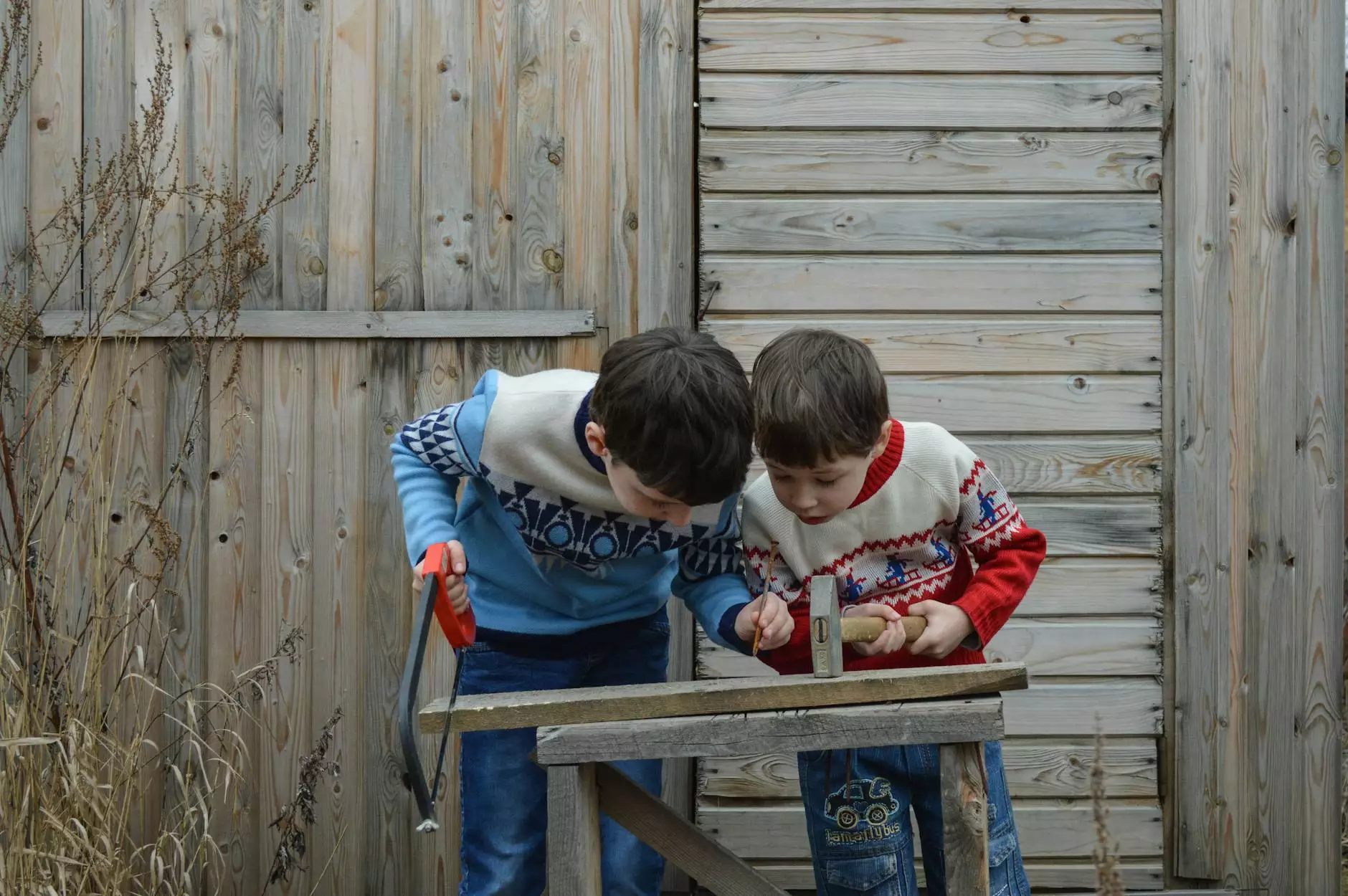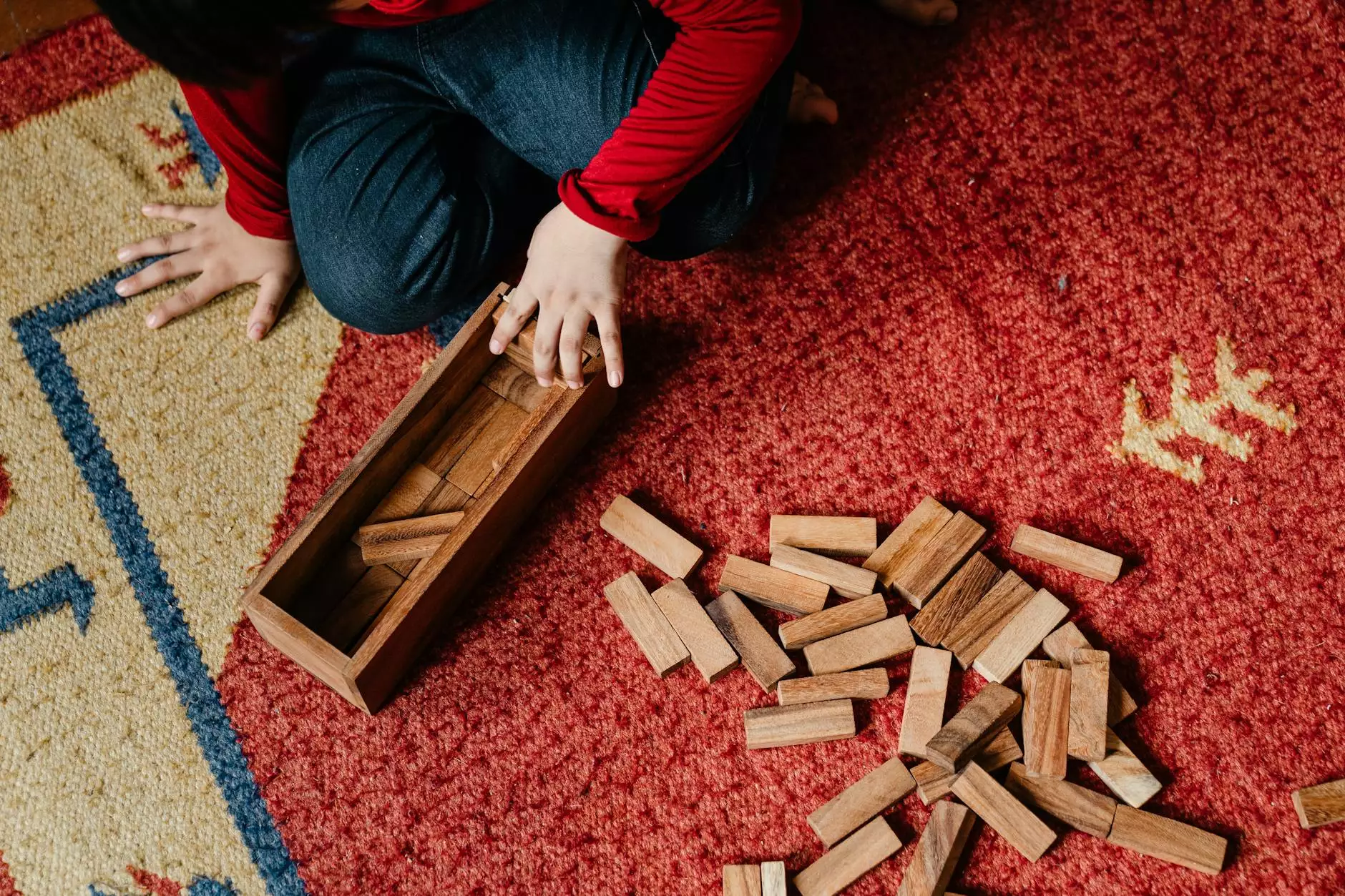What Should My Six and Seven-Year-Old Be Learning?

Educational Milestones for Six and Seven-Year-Olds
As a parent, it's natural to wonder what your six or seven-year-old should be learning at this stage of their educational journey. These foundational years are crucial for their overall development, setting the stage for future success. At The Knowledge Nest, we understand the importance of providing you with comprehensive information to guide your child's learning experience.
Language and Literacy Development
Children aged six to seven are expanding their language skills and becoming more proficient readers. They can understand and express increasingly complex ideas, develop larger vocabularies, and read more confidently. Encouraging reading habits at home, providing a variety of age-appropriate books, and engaging them in discussions can further enhance their language and literacy skills.
Mathematics and Problem-Solving
In terms of mathematics, six and seven-year-olds are building on their foundational numeracy skills. They can understand and solve more complex math problems, such as addition and subtraction with multi-digit numbers. Introducing hands-on activities, puzzles, and math games can make learning fun and help develop their problem-solving abilities.
Science and Exploration
The world becomes increasingly fascinating for six and seven-year-olds as they explore the wonders of science and nature. Encouraging their curiosity, providing opportunities for hands-on experiments, and engaging in outdoor activities can nurture their scientific thinking and foster a love for the natural world.
Subjects and Skills for Six and Seven-Year-Olds
Reading and Writing
By the age of six or seven, children should be able to read and write simple sentences with ease. Encourage them to practice reading on a daily basis and provide writing materials for them to express their thoughts and ideas. This further develops their language skills, vocabulary, and creativity.
Mathematics and Logic
In addition to basic arithmetic, six and seven-year-olds can expand their mathematical understanding to concepts such as measurement, time, and money. Engaging them in real-life scenarios and practical applications of math can make the learning experience more meaningful.
Science and Nature
Introduce your child to various scientific concepts through age-appropriate experiments and hands-on activities. Encourage them to observe and ask questions about the natural world, fostering a sense of wonder and exploration. This lays the foundation for future scientific inquiry.
Art and Creativity
Providing your child with opportunities to explore their creativity through art, music, and imaginative play is essential at this stage. Engage them in drawing, painting, sculpting, and other artistic activities to help them express themselves and develop their fine motor skills.
Social Skills and Emotional Development
Six and seven-year-olds are also advancing their social skills and emotional development. Encourage positive social interactions, empathy, and problem-solving skills through playdates, group activities, and open conversations. This will help them develop strong relationships and navigate various social situations.
Conclusion
At The Knowledge Nest, we believe in providing invaluable resources to parents like you. Understanding what your six and seven-year-olds should be learning can empower you to support their growth and educational journey. By focusing on language and literacy, mathematics, science, art, and social skills, you can ensure they receive a holistic education that prepares them for the future.
Remember, every child is unique and may progress at their own pace. By actively engaging with your child, providing opportunities for exploration and learning, and fostering a supportive environment, you can lay the foundation for a successful educational experience during these critical years.










